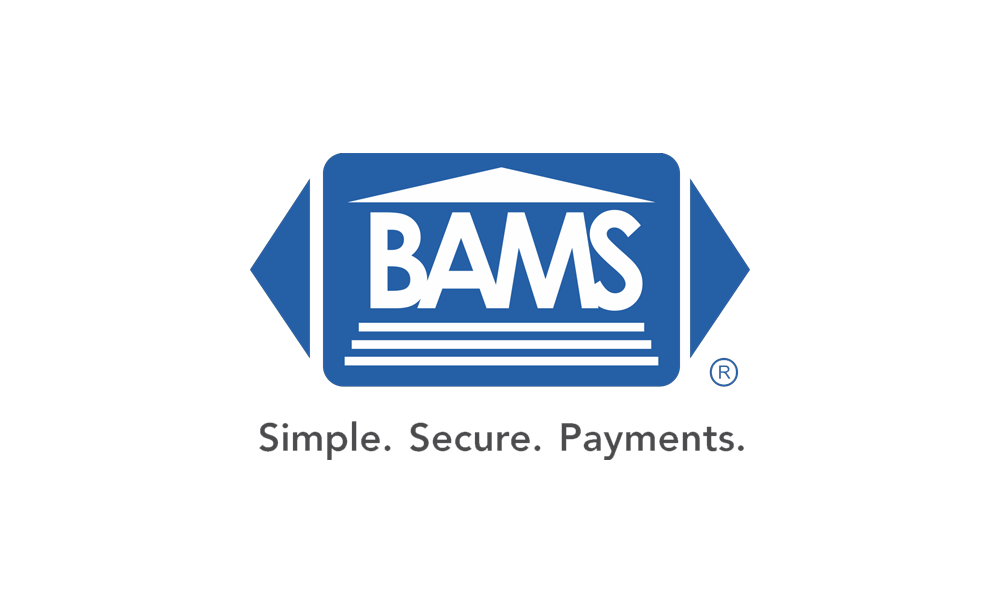Preventing Fraud-Related Chargebacks In E-Commerce
Chargebacks are an unfortunate reality of doing business, and sometimes customers are fully within reason to file one. But, what happens when chargebacks are abused? Unfortunately, the dispute process is heavily weighted towards the customer, and far too many merchants have fallen victim to lost revenue from fraudulent chargebacks. But, like all types of fraud, there are steps merchants can take to try to minimize their exposure to bogus disputes, and in a world increasingly moving online, it’s no surprise that the best chargeback defense strategies available today are tech-based.
What are Fraudulent Chargebacks?
Fraudulent chargebacks are disputes submitted to a card issuer for illegitimate reasons. Chargeback fraud involves a customer making a purchase – generally online or over the phone – and then submitting a chargeback after delivery in an attempt to get both a refund and keep the goods. Fraudsters may claim that a package never arrived, or that they never made the purchase in the first place.
Because chargeback fraud doesn’t involve a shadowy third party, it’s often referred to as “friendly fraud.”
In some cases, these types of post-delivery disputes are accidental. A customer may look at their monthly credit card statement and fail to recognize a charge, leading them to contact their bank worried that they have themselves fallen victim. However, in most cases, friendly fraud is anything but friendly; it’s malicious and intentional. And with ecommerce becoming a bigger and bigger part of our lives by the year, chargeback fraud is becoming a growing and increasingly more costly problem.
How to Prevent Fraud-Related Chargebacks
Chargeback fraudsters almost always target online or call-center-based sellers for two primary reasons. First, paying remotely creates a “card-not-present” transaction that is much harder for merchants to defend. Second, because products are delivered by third-parties, it’s much easier for a fraudster to simply claim no delivery ever occurred. These two conditions create a difficult situation for merchants.
There are certain systems on the market, like Verifi, that automatically assess every sale a merchant makes and use AI to analyze the potential danger of friendly fraud using lists of known fraudsters and other tools. However, in most cases, the reality is that friendly fraud just isn’t preventable, and is something merchants have to learn to contend with. As a result, when it comes to beating fraud, the key is air-tight chargeback defense that uses fast, effective responses to ensure that, while illegitimate chargebacks can’t be stopped from coming in, they can be won.
How Chargeback Defense Works When Prevention Fails
Chargeback defense refers to the actions a merchant can take to refute a chargeback once they receive notice – disputing a dispute, in a sense. Unfortunately, the traditional dispute response process that most merchants have been using for decades is clunky, slow, and ineffective. Unsurprisingly, many merchants just choose not to file responses at all. But, with the help of some new tools, chargeback defense is becoming a much easier, more streamlined process, enabling any merchant to file an effective, timely response whenever an undeserved chargeback is filed.
The Faults with the Dispute Response Process
There are two major problems with the dispute response process: it’s slow, and it’s extremely specific. On the speed side, merchants only have a certain amount of time to file a dispute – often 45 days or less – after which the case automatically closes in favor of the customer if an acceptable response hasn’t been filed. But, in many cases, merchants don’t even find out about a chargeback until well into that strict time window. As a result, many winnable chargebacks are lost due to unintentional inaction.
Worse still, even when merchants do file a response on time, they often do it wrong. The dispute response process requires very specific evidence to be submitted based on the “reason code” assigned by the card company. Unfortunately, reason codes are complex, and it isn’t uncommon for merchants to misinterpret them, leading to more unnecessarily failed responses.
Advanced Automated Chargeback Defense
Luckily for merchants, there is now a better way to fight back, thanks to the BAMS Dispute Assistant Manager chargeback defense tool. Dispute Assistant Manager gives all BAMS merchants access to a web-based dispute response process that keeps them better informed, maximizes the time they have to respond, and ensures the evidence they submit is relevant.
Instant Notification
Dispute Assistant Manager solves the problem of late notice by providing an instant, “day-zero” notification to both merchants and any ISO they work with via email or text message. If no action is taken, reminders go out automatically one and three days later. Never again will a merchant miss a chargeback outright or find out too late to take action.
Checklist-Based Response Guidance
As soon as a chargeback notification arrives, Dispute Assistant Manager interprets the reason code and automatically creates a “to-do” checklist informing the merchant of everything they need to compile to submit a response the credit card company will consider persuasive. Rather than being left to their own devices, merchants can simply tick off the items they need one by one, ensuring their response will be correctly prepared, in addition to speedy.
Online Delivery
Traditionally, merchants would have to either photocopy or scan all the necessary documents and send them in to the credit card company, often in a physical package – a time-consuming and needlessly expensive process. With Dispute Assistant Manager, everything is done online. Merchants can upload their documents with no need to print or package anything, and submission can be done with a click, providing a confirmation ensuring the relevant documents get to where they need to go.
Comprehensive Analytics
Once a response has been submitted, there are occasionally times when the credit card company will ask for more information. If a merchant isn’t paying attention and they miss the request, the case is lost. Dispute Assistant Manager provides a complete analytics dashboard allowing merchants to not only track the status and details of every open dispute, but to review all their historical disputes, as well.
To find out more about how a BAMS merchant account and Dispute Assistant Manager can help you win more cases and minimize the impacts of chargeback fraud, reach out to the team or start your free BAMS five-point price comparison today.




